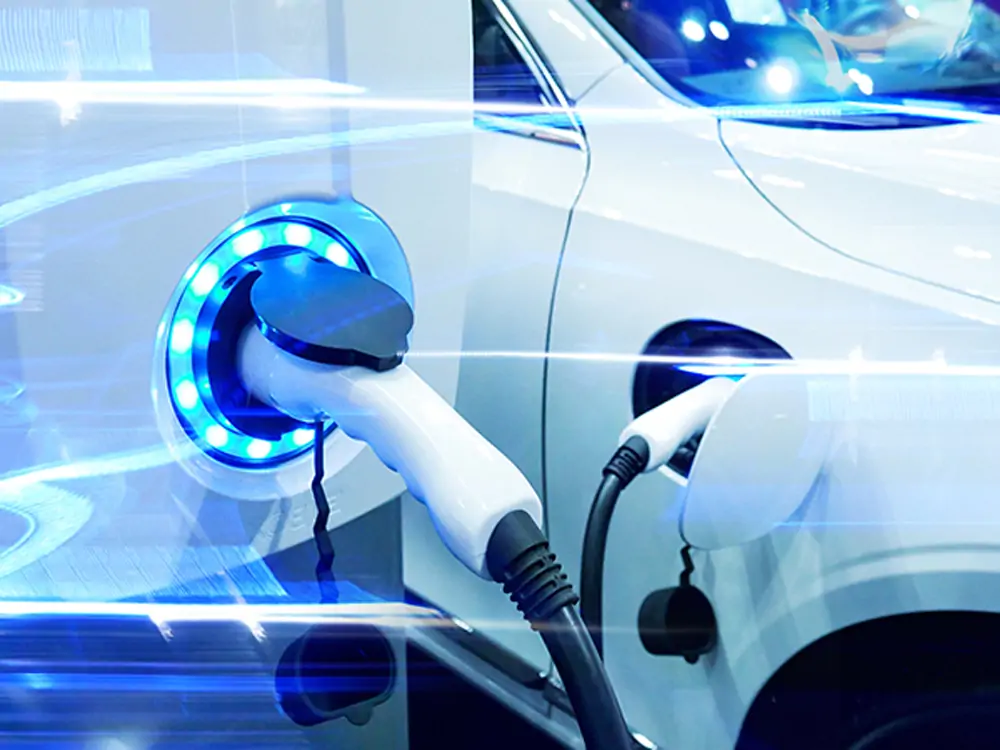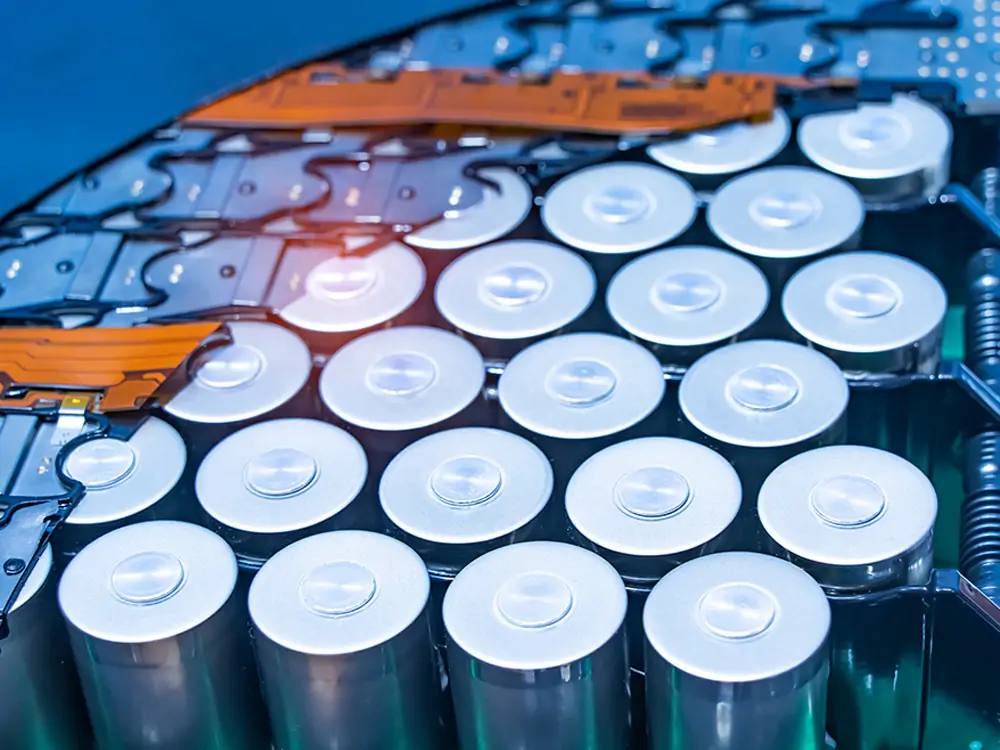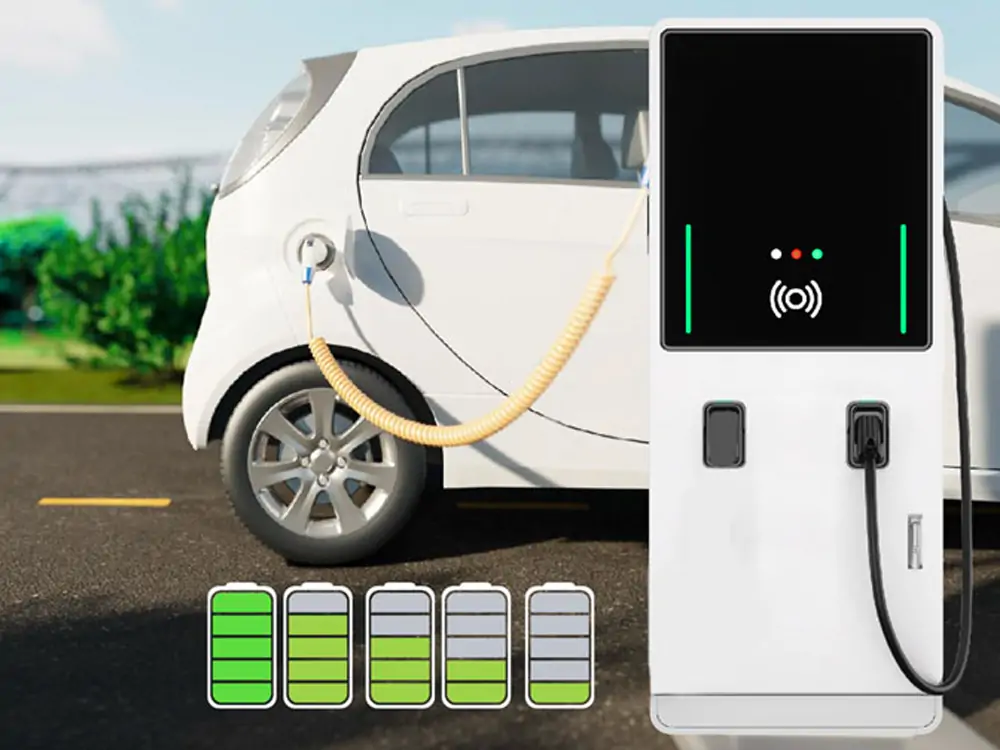In advanced societies, a fuel-powered vehicle is an ancient relic. Okay, it’s not as dramatic since cars that run on fuel are still trendy. However, as electric vehicles (EVs) become more popular, drivers switch from worrying about buying gas. Instead, they begin to worry about their battery’s health and lifespan. Fast charging provides drivers with a quick and safe way to refill their batteries. However, one common concern among EV owners is the effect of fast charging on their batteries. While convenient, fast charging springs an important question: Does fast charging damage EV battery? This is especially common among first-time and potential electric vehicle owners.
This article will explore how fast charging affects EV batteries and provide tips on maintaining them.
What Is Fast Charging?

What is fast charging? This process involves using high-powered DC (direct current) charging stations to fill an EV battery quickly. These stations can deliver up to 350kW of power, much more than regular home charging (7kW to 22kW).
EV batteries only store direct current (DC), so a converter for alternating current (AC) in the car is needed.
Consequently, fast charging can charge most EV batteries to 80% within 20 minutes.
Fast charging works through communication between your car and the charging station. When you plug your EV into a fast charger, the charging station determines the safest charging speed for your car. Afterward, the charger supplies high-powered DC directly to the battery. However, the charging speed isn’t constant throughout the process. Instead, it starts fast and slows to a gradual halt as your battery gets fuller.
Three Levels of DC Charging
Modern EVs can be charged in three different ways. The first is called level 1, the simplest form of charging. This level uses a standard outlet of 120V to add around 3 to 5 hours of range per hour. It’s a slow process but remains useful for overnight charging. Level 2 systems use 240V AC power and provide 25 to 30 miles of range per hour. Unlike the previous levels, which use AC and need a converter to convert to DC, level 3 has no such requirement. Instead, a level 3 charger supplies direct current straight to the EV battery. This method adds up to 200 miles of range in 30 minutes, making it ideal for long trips and emergency top-ups.
Does Fast Charging Damage EV Battery?
Fast charging does affect EV batteries, but the impact is more nuanced than a simple good or bad label.

Impact on heat generation and battery stress:
Does fast charging damage EV battery? The main effect of fast charging on EV batteries is heat generation. When large amounts of current flow into the battery during fast charging, it heats up. High temperatures can accelerate the natural degradation of lithium-ion cells. Heat destroys the protective SEI layer and causes increased internal resistance in the battery cells. It also leads to faster electrolyte decomposition and potential metal dissolution of the cathode.
Leaving all the technical details aside, modern EVs have built-in cooling systems that regulate heat in the battery. They also have advanced battery management features that minimize the impact of heat on an EV battery.
Common Myths About Fast Charging
There is a saying that fast charging ALWAYS damages batteries. This is false. In reality, modern EVs are designed to handle fast charging safely. They have built-in battery management systems that protect the battery from overheating and overcharging. However, excessive fast charging can accelerate the degradation of your battery cells. Fast charging is fine, but to preserve your battery’s health, it is best to reserve it for emergencies or situations where you need a quick refill.
Another myth to debunk is that one fast-charging session will ruin your battery. Single fast-charging sessions don’t cause noticeable damage. Instead, frequent and exclusive use might impact your battery life.
The last false fact about fast charging is that it voids your warranty. Using fast charging stations approved by your EV’s manufacturer doesn’t affect your warranty. But to be sure, always check your user manual for specific guidelines.
Tips for Maintaining Your EV Battery
Knowing how to care for your electric vehicle’s battery is important for long life and performance. Therefore, as promised, this section will provide tips on keeping your battery up and running for many years.

1. Develop smart charging habits:
This is the most important tip you can practice. The recommended 20% to 80% rule is a guideline for electric vehicle owners. This rule involves keeping your battery’s charge level between 20% (before refilling) and 80% (after refilling). This is to help minimize the stress on your battery cells. While charging your battery to 100% won’t harm your battery, we recommend doing so on certain occasions. Charge your battery to capacity if you’re going for long trips instead. Similarly, if you let your battery drop below 20%, you’ll put unnecessary stress on the BMS.
2. Plan your charging schedule:
Timing your charging schedule is a smart way to preserve battery health. Consider charging during off-peak hours when electricity rates and the demand on the power grid are low. Many modern EVs have scheduled charging features. Take advantage of these to ensure your car charges during the best times. Additionally, try to avoid multiple fast-charging sessions in a single day.
3. Monitor the battery temperature:
Extreme temperatures, both hot and cold, negatively affect your battery’s health and performance. Whenever possible, park your car in shaded areas to minimize overheating. You can also take advantage of your car’s pre-conditioning features when charging. They will help you regulate your battery’s temperature and reduce the risk of overheating.
4. Talk to a professional:
Electric vehicles require less maintenance than the average car. However, consulting a professional for help when you feel stumped will do you more good than shuffling around in ignorance. Regular check-ups are crucial for your vehicle. They help you discover potential issues and save you from the financial burden of expensive repairs.
A standard check-up should include thorough examinations of your charging port and cooling system. If you notice significant changes in range, unusual charging behavior, or warning lights, that’s your cue. Listen to your car and seek professional assistance.
